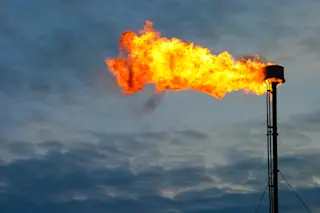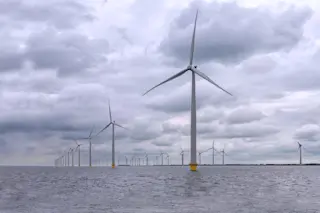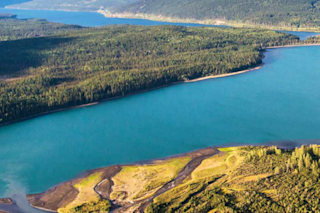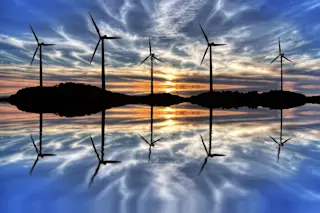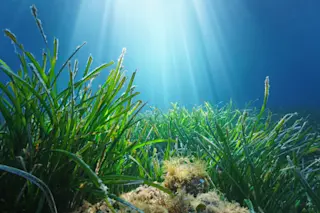I know everyone has been waiting on pins and needles about the future of this blog. The suspense has been killing me, too. Well, I have good news and bad news. Let's start with the latter. Your combined generosity has enabled me to buy some new socks, take my kids to a matinee movie and fill up the family car's gas tank. The upshot: unless some amazing ad revenue model materializes, or George Soros and the Koch brothers team up to throw money at me, this is a dead blog walking. Oh, quit your bawling. We've had a good run. You'll be fine. Maybe some old friends will even start talking to me again. The good news is I won't totally go away. In fact, I still write a once a week thingamajob at the Yale Forum on Climate Change & the Media, which appears every Tuesday or wed. You ...
State of the Blog
Explore the ongoing debates about climate change and its cultural impacts, examining perspectives from various scholars.
More on Discover
Stay Curious
SubscribeTo The Magazine
Save up to 40% off the cover price when you subscribe to Discover magazine.
Subscribe



